Adel Islamov: ‘The exit of foreign brands from our market is even good’
An expert about new possibilities of Russian businesses and key problems in intellectual property
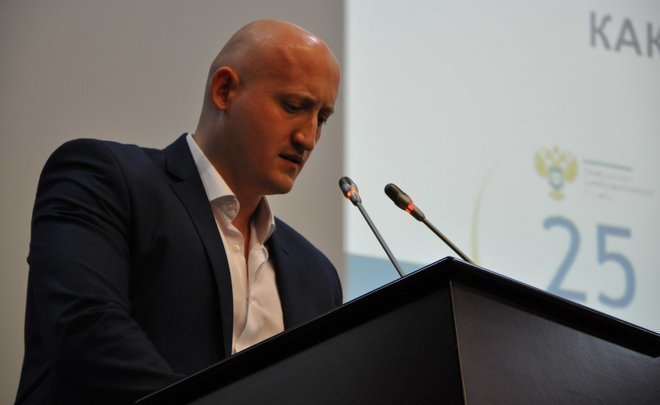
A law allowing self-employed people to register trademarks has come into force in Russia this week. Earlier, only sole traders and legal entities had this opportunity. As the Ministry of Economic Development considers, owning a trademark will help citizens paying professional income tax to protect their products from counterfeit, raise their awareness and value. Head of the Committee for Intellectual Property of the Tatarstan Chamber of Commerce and Industry Adel Islamov talks about what other legislative initiatives intellectual property needs, why there is complete disorder in the Russian copyright market and who registers patents more often in an op-ed column for Realnoe Vremya.
“Now access to some technologies is closed for us”
I think thousands of sanctions imposed against Russia by Europe and the West haven’t created any unsolvable problems in intellectual property protection and registration in Russia. The only case is that now we cannot register intellectual property in some countries. Due to obvious reasons, it is Ukraine, Georgia, Baltic states and some other countries in Europe. In general we can work with Great Britain, the US, Germany, France without problem, this is what we are doing. Also, Russia is still connected to resources of the World Intellectual Property Organization.
However, it is noteworthy that now access to some technologies is closed for us. Several international franchises have left the market too. Once we tried to register new trademarks for gone car brands — Audi, Mercedes and others, banking instruments — MasterCard, Visa and so on. However, the Russian Federal Service for Intellectual Property said it would be illegal, consequently, such procedures shouldn’t be carried out. This is where we stopped.
I think the exit of foreign brands from our market is even good, it is liberation of the market. Though some foreign brands are still in Russia, some of them simply changed their name for a Russian once. Some artists left — this is also a plus. Now younger can occupy their place, real talents, not those performing with pre-recorded tracks. In other words, today Russian businesses have been given room for actions, the market is free, almost like in the 1990s when the possibility of “shop until you drop” appeared and any area could be occupied. The market is free — banks, electronics and furniture. Businesses are given money, preferential, cheap loans, industrial loans for development and replacement. Yes, perhaps, they are hard to take out, efforts need to be put, time needs be spent, but they anyway can be obtained.
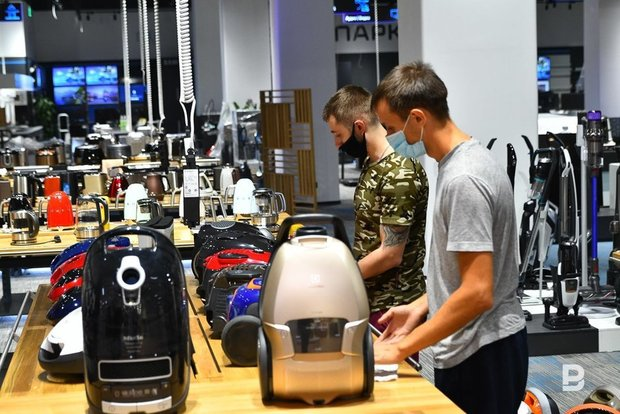
“The brand registration cost in Russia is overpriced”
Talking about the amount of registration of new trademarks, the issue of patents on inventions, the statistics on these areas in our country hasn’t fallen compared to previous years. The Russian Federal Service for Intellectual Property traditionally announces general results of the activity at the end of the year. This is why talking about 2022 in general, we see growth in registration of new trademarks, the situation in issuing patents on inventions improves — their number also started to grow compared to 2021. In some cases, some genius, inventor doesn’t want to follow the rules to register his invention to obtain a patent demanding to allocate money to launch the mass production of his invention first. But today this is impossible without documentation, testing, inspections and other mandatory proceedings. However, the patent activity in the USSR was strictly regulated.
Of course, petrochemistry, then oil processing and oil production, metallurgy and electronics are the most fruitful area when it comes to the registration and obtaining patents here in Tatarstan. Talking about IT, which is popular today, here it isn’t so clear. For instance, a patent on some solution or development can be obtained, but at the same time it may not comply with the regulations of the federal service, in other words, such a patent can be complained about.
In general in the Russian market, I think, the trademark registration cost is overpriced — it is 60,000 rubles on average, but in Moscow it is twice as higher. Doing this in Tatarstan is much more profitable, this is why Moscow businesses often resort to us. In general the procedure of intellectual copyright registration isn’t so frightening, the preparation of answers to the federal service’s requests is the most difficult thing one often has to face. They are sometimes so that one has to literally twist and turn and peruse all technical literature.
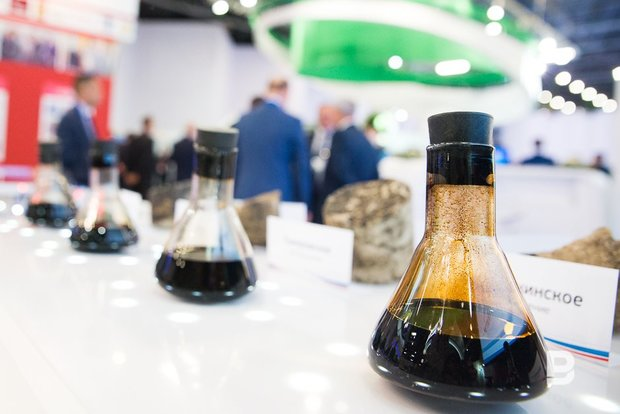
“Intellectual property assessment rules are onerous”
I think the Russian sphere of intellectual property today needs legislative initiatives. So in my opinion, more serious changes are needed in the registration of copyright and evaluation of intellectual property. For instance, the existing intellectual property rules comply with international standards only, and their assessment was frankly biased, which as a result, lowered the price of Russian assets. These rules adopted in Russia, approved by the Central Bank and other standards were, frankly speaking, onerous.
Several years ago banks were allowed to accept intellectual property that was obtained exclusive rights as a security. Any organisation can take out a loan with intellectual property as a security according to now, while different intellectual property subjects can be a security — inventions, industrial samples or useful models. Let’s say, some know-how won’t fit here since it will require registration, while in case of disclosure, it will be clearly lose its uniqueness — this is, let’s say, a perishable product. While it is obvious what a trademark or patent are: a patent reveals the essence of an invention or useful model. A trademark is always a brand, some good story that can be widely known or stay on the sidelines of a business — it depends on how its owner will promote it.
But banks raise a logical question — how to assess this property? The existing evaluation standards need to be improved again. This issue has been repeatedly voiced in the republic’s Ministry of Economy. And we did a test operation — one of Chelny banks accepted intellectual property as security, granted a loan to its owner, though not the full amount. What does this mean? That intellectual property in Russia isn’t highly appreciated, though this sphere has a huge potential, but seemingly, it yet takes time for this area to actively develop.
Also, there is a possibility of some financial machinations. Here is an example: an entrepreneur or self-employed person can register any trademark by paying 20,000 rubles of state duty, obtain the trademark in six or eight months and give it to the bank as security to get a loan. For instance, the bank will take it, the entrepreneur has the money he wasn’t going to return, in other words, to get, let’s say, half a million for a brand and forget it. But perhaps, banks have already elaborated mechanisms to halt such schemes.
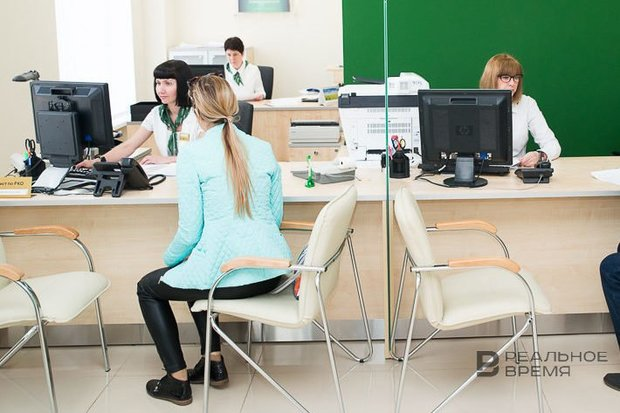
“There is total disorder in the sphere of copyright”
Now about copyright. To be honest, we see total disorder in this sphere, especially here, in Tatarstan. Firstly, the identification proceeds needs to be introduced here because the Tatarstan copyright market is simply a swamp, I even don’t want to feel ashamed and hide how all this works here or, more precisely, how it doesn’t work.
Let’s say, the author of a song that can become a hit will receive pennies for the work — 1,000 rubles per song and then will have to moonlight as a plumber, plasterer or somebody else because one cannot earn one’s living with songs. And the problem of copyright here is mostly related to creative areas — artists, sculptors, designers or photographers often face it, here related rights to performance, sound record can be related here, related rights protect even radio transmissions.
Such a problem doesn’t exist only in our republic — it is in general nationwide and dates back to the early 90s. How was the problem solved during those times? People came to an agreement just verbally — no contracts, no official documents, only verbally. Though there was always the high possibility of cheating. For instance, a poet wrote a song, gives it to a performer and says: “I sell it for 15,000.” That’s it, deal. While later it can turn out that he will sell the same song to another performer for the same 15,000, and both sing it. And since there is no official song purchase document, in fact, the song doesn’t belong to them — this often happens today. Singers Guzel Urazova, Elvin Grey, other singers have similar problematic stories. This is why legal regulation needs to be launched, a register of authors needs to be created. Now we want to launch such an initiative so that artists can be registered as self-employed people, so that a music or lyrics author can be somehow identified. Another difficult issue arises here — how to prove you are the author of a hit or a painting. According to law, the author is the person how claim and proved he is the author. The issue has mostly to be resolved in the court where necessary and significant evidence of being an author is provided, for instance, a handwriting test or the comparison of artists’ styles, another inspection are needed.
In our country copyright doesn’t create a market in itself, it is easier for businesses to work with clear instruments, it is patents or trademarks. In fact, copyright is a difficult story, but nobody deals with it in the Russian Ministry of Culture. They think there is the Russian Copyright Association and similar agencies, and this is enough. But I think this issue needs some order anyway. We cannot continue existing this way, we should show an example that in Tatarstan we have a copyright institution, it operates smoothly and a bank loan can be obtained with it using the same songs or other objects as security. Why doesn’t this yet exist? Why can our banks accept only trademarks or patents as securities? This issue has also to be resolved.
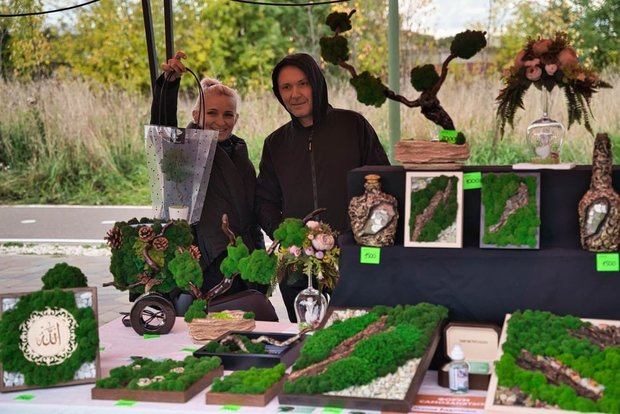
Trademark — convenient and profitable
Self-employed people have finally for the right to register trademarks in Russia since 29 June. Earlier, one had to become a sole trader or legal entity, pay a lot of taxes. But for instance, any natural person was able to register a bran in many other countries of the world a long time ago. Today the number of officially registered self-employed people in Tatarstan is over 190,000 people, in Russia, their amount is some 700,000 people. And why can’t a confectioner who make cakes, designers, toy or souvenir makers, grow microgreens or do some other manual work producing a commodity their own brand?
This is convenient and profitable — with the help of a trademark one can easily earn reputation among consumers, promote a business by placing your brand somewhere, which, undoubtedly, makes its recognisable. A brand is crucial for a business, its development today. Moreover, it is a whole science to invent a name for your brand. I have huge experience in registering trademarks, I have had to face quite original names, sometimes comic or even “crazy” — the market here is very interesting.
Reference
The author’s opinion does not necessarily coincide with the position of Realnoe Vremya’s editorial board.